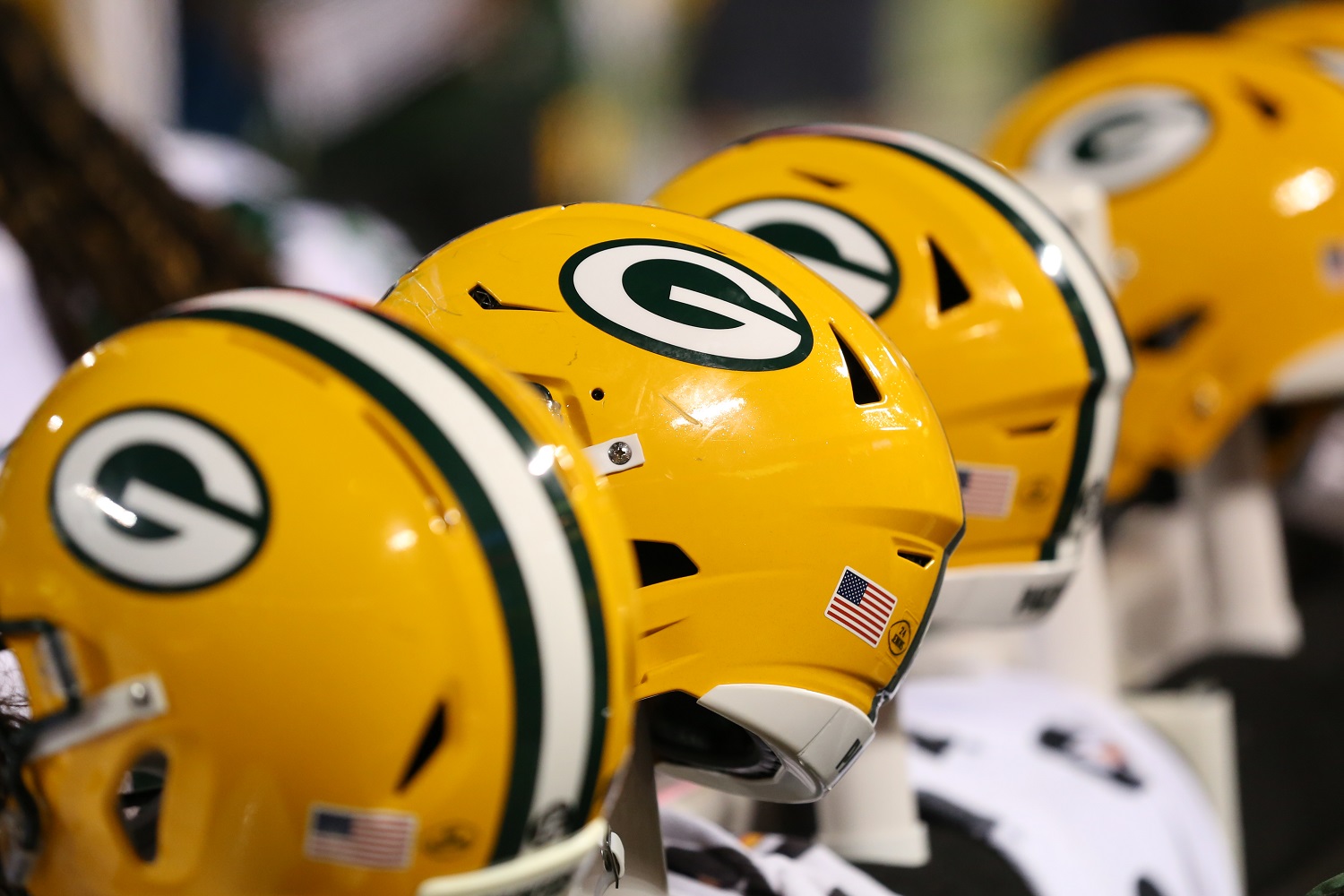NFL
A Green Bay Packers 18-Year Winning Streak Has Come Crashing to an End

It’s a strange world when losing $38.8 million translates into success, but the Green Bay Packers can credibly say that the 2020 NFL season went well off the field.
Unlike the Dallas Cowboys or Kansas City Chiefs, the Packers have to open their books at the end of their financial year. What they disclose is interesting in a normal year, but it was even might insightful this week because the pandemic’s effect was largely offset by the massive national TV contracts.
The Green Bay Packers open their books each summer
The Packers remain unique in the NFL because they are publicly owned. The NFL passed a rule long ago requiring private ownership of teams but grandfathered in the Packers and their nonprofit structure.
Green Bay Packers Inc. made its debut in a 1923 IPO, and there have been four stock offerings since. Some 361,311 people hold a combined 5,009,518 shares, according to the club. Team management updates those shareholders on their financial position each year.
The last stock offering came in 2011 at a price of $250 a share. The $146 million the Packers raised went toward an overhaul of historic Lambeau Field that added 7,000 seats and two new video replay boards.
Based on the $3.05 billion valuation that Forbes placed on the Packers in September 2020, that would seem to make each share worth $608, but that’s not how the math works in real life. The stock technically has no value and isn’t transferable, nor do the Packers pay dividends. Fans buy their stock shares out of their love of the team, framing and hanging the certificate in a prominent place at home.
By comparison, Manchester United soccer club shares trade on the New York Stock Exchange and pay a dividend of about 1.2% based on a $15.10 share price as of the close of business Friday.
The Packers lost $38.8 million last season
Playing the entire 2020 NFL regular season without fans because of the pandemic caused the Packers to report an operating loss of $38.8 million for the fiscal year, the Green Bay Press-Gazette reported.
The team reported $409.8 million in expenses and $371.1 million in revenues to post a yearly loss for the first time since 2003. Green Bay did not allow spectators at its regular-season games but allowed limited attendance for two postseason games, with that ticket money going to the league office. Consequently, total revenue dropped sharply from $506.9 million a year earlier.
According to the paper, the value of the team’s investments increased by $120 million in the year ending March 31. That gain exists only on paper unless the Packers dip into their reserve fund, which president and CEO Mark Murphy said didn’t necessary, in large part because of the number of season ticket holders who told the team to hang on to their 2020 payment and apply it toward next season.
The financial report gives some insight into the NFL
Because owners of the other 31 NFL teams do not have to reveal their financial details, the Packers’ annual report offers some of the best insight into what a juggernaut the league is.
Financial reporters will take particular interest in Green Bay reporting that national revenue increased to $309.2 million from $296 million the previous year. That money comes primarily from network TV and radio deals and is split equally. That suggests the league took in $9.89 billion on those deals, up from $9.47 billion in 2019.
Also of interest: The Green Bay Packers Foundation’s charitable contributions exceeded $9 million, and its endowment has increased to more than $50 million. That’s a sizable chunk of money for a franchise in the NFL’s smallest market.
“We’ve made some very sound financial decisions. That really allowed us to provide community support, particularly focused on COVID relief during the pandemic, as well as social justice efforts in the community,” Murphy said.
Like Sportscasting on Facebook. Follow us on Twitter @sportscasting19.











